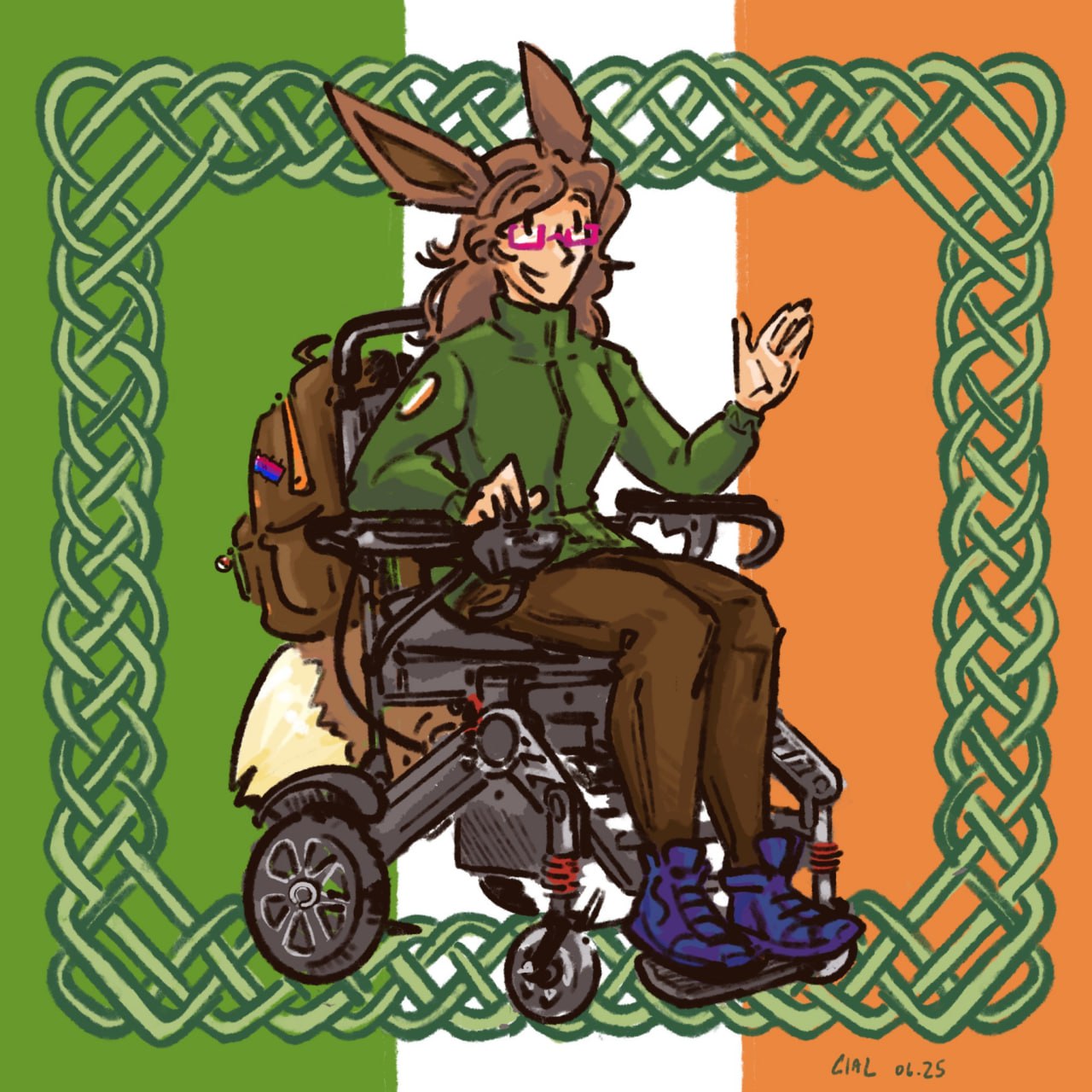I'm Not 'High-Functioning' or 'Low-Functioning.' I'm Just Autistic.
14 August 2025
I'm Not 'High-Functioning' or 'Low-Functioning.' I'm Just Autistic.
I'm autistic. But I don't fit the tidy boxes people like to use. Some days I look "fully functioning": I can work on my open source projects, tinker with my beloved G3 iMac, or hold a conversation about European politics. Other days, I don't leave the bed or get dressed. On those days my wife—who is also my carer—helps me wash, change, eat, and communicate. She even makes sure food is "finger food," because cutlery is too much. Sometimes my speech is gone entirely and I rely on AAC or picture cards to get my needs across.
That's my reality: variable-functioning autism. My support needs change. The high/low labels don't capture that—if anything, they erase it.
Good days vs. hard days (both are still me)
My life isn't a straight line; it's a landscape of peaks and valleys.
Good days: I can code in TypeScript or Python, contribute to open source projects, or spend hours getting OS 9.2 running perfectly on my G4 iBook. I believe in building bridges, not walls—which is why I detest platform "wars" and focus on making tech more accessible. But I still don't do well socially—even on "high-functioning" days, socialising drains me and ramps up anxiety. I still need my wife's help to pace myself, manage sensory overload, and recover afterwards.
Hard days: I may not get out of bed. My wife supports all personal care. Speech can vanish. I use AAC or picture cards. Without her care, I would not manage.
I'm the same autistic woman on both days. The difference is visibility, not validity.
Why the "high/low functioning" labels are harmful
When people meet me on a good day—when I'm discussing the finer points of PowerPC architecture or sharing my thoughts on Irish language preservation—they decide that's the "real" me and expect permanence. When I describe my harder days, some flat-out don't believe me—or my wife—about the level of support I require. When people only see a hard day, they write me off as "low-functioning" and assume incapacity. Both reactions are wrong. My functioning isn't a fixed point. It moves with stress, health, sensory load, and context.
This disbelief is exhausting. I shouldn't have to prove my disability to people who've decided I'm "too capable" to need help.
The UK & Ireland reality (and my Aberdeen experience)
I'm an Irish woman living in Scotland. Support for autistic adults here—and back home in Ireland—is close to non-existent unless you hit crisis. I've been on the waiting list with Royal Cornhill Hospital in Aberdeen since June 2022 for adult autism support. It's now August 2025—over three years—and no meaningful help has been offered to me or to my partner as my carer. We've been left to cope alone. That isn't a system; it's abandonment.
Currently unemployed, I fill my time with what I love: contributing to open source projects, learning Irish (táim ag foghlaim Gaeilge!), following European politics, and enjoying co-operative video games with friends. But none of these interests change the fact that I need substantial support to navigate daily life.
What I need people to understand
I'm not "high-functioning" or "low-functioning." I'm autistic every day.
My wife is both my partner and my carer—even on "good" days.
Believe me when I say my needs vary. Disbelief is exhausting.
Talk about support needs instead of ranking people: "needs help with daily living and communication on hard days; manages coding projects and hobbies on good days."
A small call to action
If you're a friend, colleague, or family member: believe us when we describe our bad days. Be flexible. Ask what helps.
If you're an employer: build quieter spaces, flexible hours, and remote options. Judge outcomes, not facetime.
If you're a policymaker in Scotland or Ireland: fund post-diagnostic support for autistic adults; cut waiting lists; provide respite and carer support; and make Self-Directed Support budgets easier to access so families can actually arrange help that works.
Looking ahead: acceptance, adaptations, and hope
In the end, I'm happy with the way my wife and I navigate this life together—on the bright days and the brutal ones. I'm learning to drop the shame and embrace practical solutions. Right now I'm designing a better safety bed: something that keeps me secure during meltdowns and shutdowns, reduces injury risk, and helps me actually rest. I used to feel embarrassed about needing that. Now I understand it's okay to have additional needs. We all customise parts of our lives to fit our bodies and brains; for me, my bed is one of those things.
That's not giving up. That's dignity. That's choosing support that fits the life I actually live—so I can spend less time surviving and more time doing what I love: coding, tinkering with vintage Macs, learning Irish, and building the accessible tech world I want to see.

Post a Comment